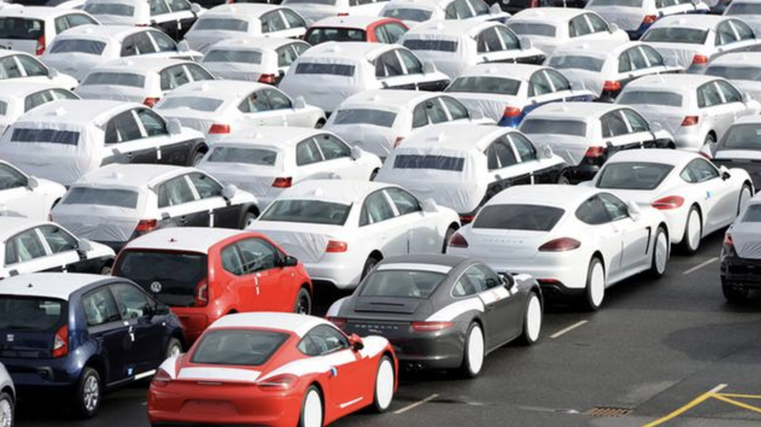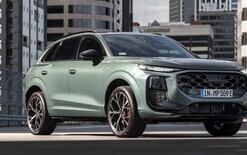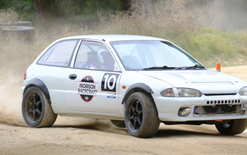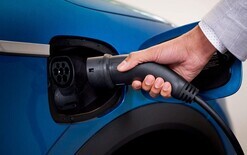New car quality rises

New-vehicle quality has improved for the fourth year in a row, with Korean brands taking out the three top spots, according to a new survey.
The annual survey by J.D. Power shows that new-vehicle quality has improved by 4 per cent from 2017 and has reached its best level ever.
J.D. Power measures the number of problems experienced per 100 vehicles in the first 90 days of ownership, with a lower score reflecting higher quality.
The study is based on responses from 75,712 purchasers and lessees of new 2018 model-year vehicles.
In this year’s study, 21 of the 31 brands included in the study improved their quality from 2017. The industry average of 93 per 100 vehicles is four per cent better than in 2017.
Genesis, Hyundai’s luxury sub-brand, ranked highest in overall quality with a score of 68 problems per 100 vehicles. Kia ranked second with 72 and Hyundai with 74.
Porsche ranked fourth and Ford ranked fifth, with 79 and 81 problems respectively to complete the top five brands.
The Porsche 911 posted the best score of any model, with the lowest overall problems at 48 per 100 vehicles. This is also the lowest level recorded in this generation of the study (2013-2018).
At the bottom of the rankings was Volvo at 122, Jaguar at 148 and Land Rover at 160.
Infotainment screens remain the most problematic category for new-vehicle owners. However, problems have decreased for three consecutive years due to fewer issues with built-in voice recognition systems.
New-vehicle owners are also experiencing increasing problems with driver assistance systems, although the level is still low at 3.5 problems per 100 vehicles.
“As we look to the future, avoiding problems with safety and driver assistance technology is critical,” said Dave Sargent, Vice President of Global Automotive at J.D. Power.
“In an era of increasingly automated vehicles, vehicle owners have to be comfortable using foundational technologies like lane keep assistance and collision avoidance. Otherwise, car makers will not easily overcome consumer resistance to fully automated (driverless) cars.”
The study is based on a 233-questions organised into eight vehicle categories designed to provide manufacturers with information to help identify problems and drive improvement.





